You’ve reached your limit!
To continue enjoying Utility Week Innovate, brought to you in association with Utility Week Live or gain unlimited Utility Week site access choose the option that applies to you below:
Register to access Utility Week Innovate
- Get the latest insight on frontline business challenges
- Receive specialist sector newsletters to keep you informed
- Access our Utility Week Innovate content for free
- Join us in bringing collaborative innovation to life at Utility Week Live
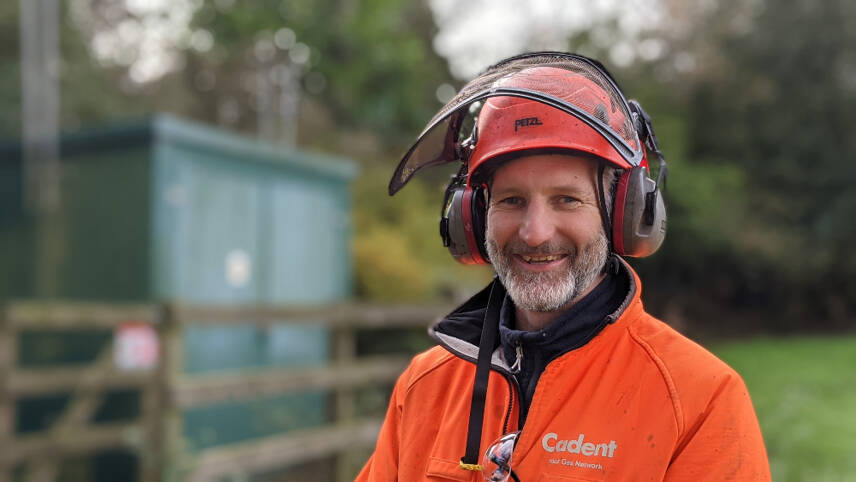
Nick Tavernor joined Cadent towards the end of 2019 as its first site husbandry supervisor. His job is to ensure safety and operational capability can co-exist in harmony with the flora and fauna also found at each of its sites. He explains more here.
Our West Midlands network covers a very wide area, from Staffordshire in the North to Herefordshire in South, reaching the M1 in the East and the Welsh borders on the West. From some of the UK’s most densely populated areas, to remote countryside.
We manage gas pressures to this network through 1,776 district governors. These are sometimes in prominent positions beside busy roads but can just as likely be hidden within woodlands. Small kiosk buildings, they house the governor units that manage pressures at which gas is safely transported within a local area.
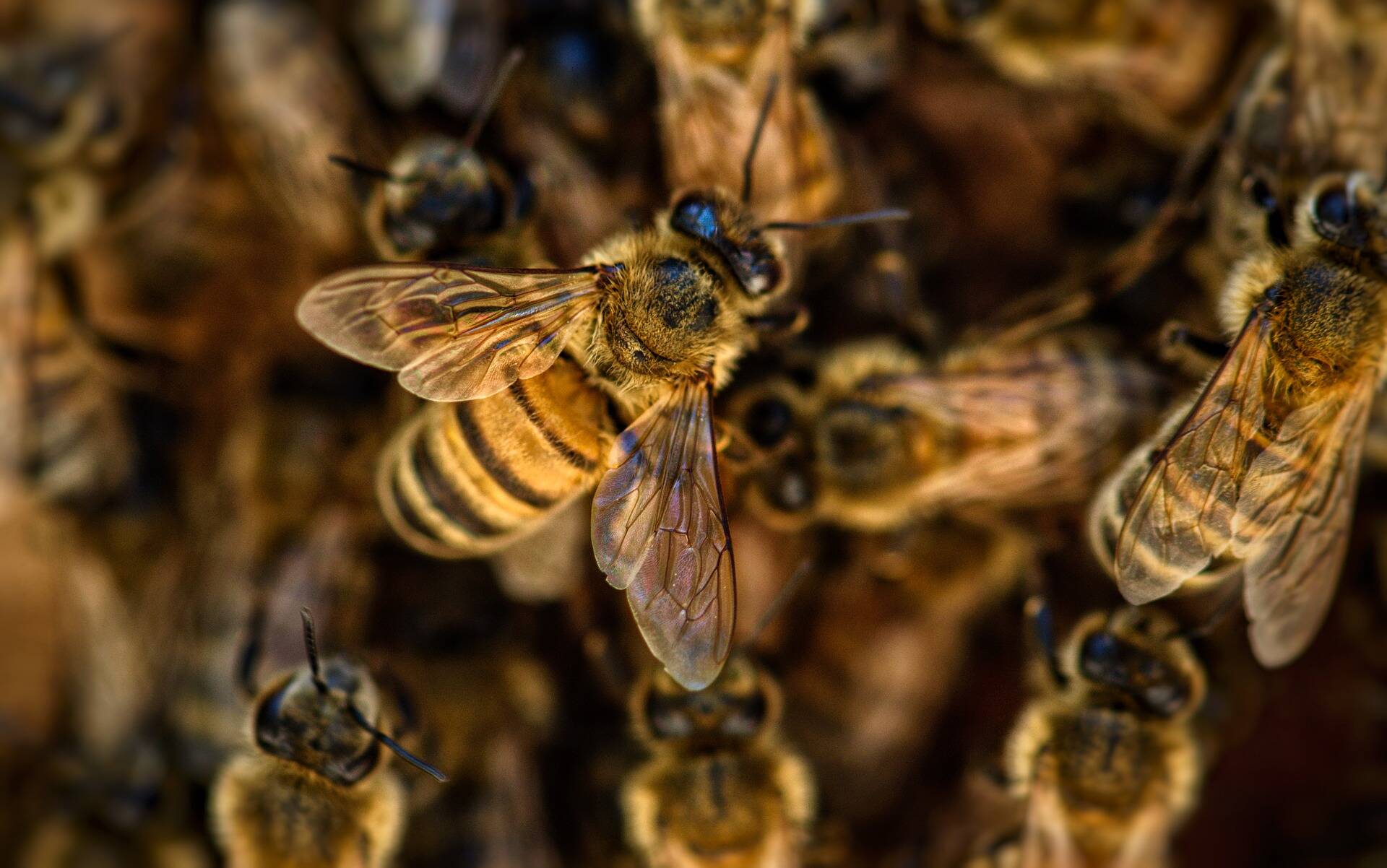 Whether urban or rural, these buildings, and the immediate areas surrounding them, can host an abundance of vegetation and creatures – food and/or homes for the likes of birds, hedgehogs, frogs, toads, bees, butterflies, moths, and more.
Whether urban or rural, these buildings, and the immediate areas surrounding them, can host an abundance of vegetation and creatures – food and/or homes for the likes of birds, hedgehogs, frogs, toads, bees, butterflies, moths, and more.
Until recently, not a huge amount of thought went into how we can successfully maintain safe, effective operations with least impact on the site eco-system.
Our previous contractors’ approach on grass care, for example, was to come along and mow six times a year and cut everything back. Just stop a moment to think about that – six times a year that you’ve started up a petrol mower, and to what end? Think about the labour, the fuel, the green waste that results from that.
Breaking out of the office environment
Cadent, to its credit, decided to up its game.
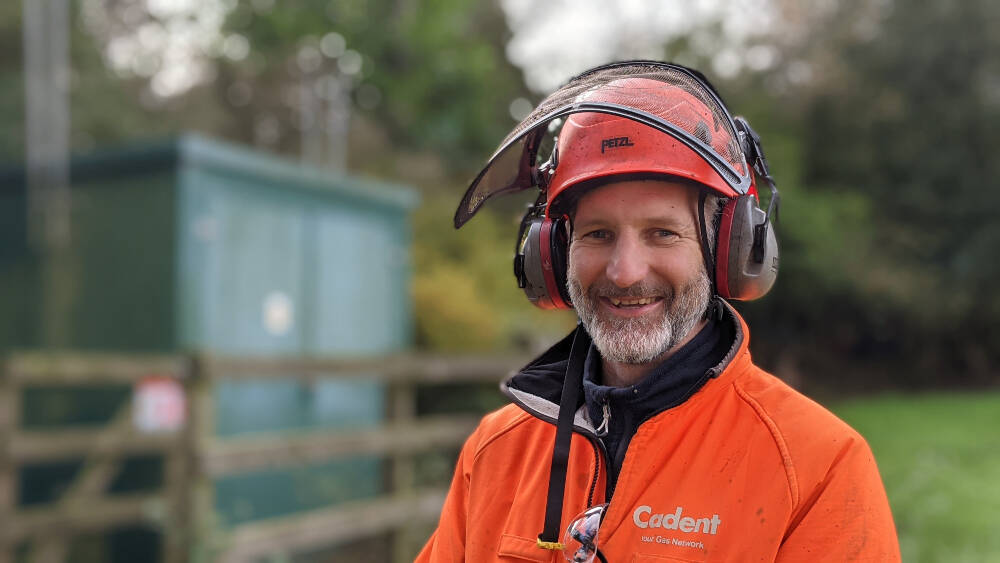 When I saw the advert for site husbandry supervisor, it appealed to me straight away. Joining a company not only committed to adhering to ISO14001 environmental standards but having long-term plans to keep improving and to helping others on their journeys too.
When I saw the advert for site husbandry supervisor, it appealed to me straight away. Joining a company not only committed to adhering to ISO14001 environmental standards but having long-term plans to keep improving and to helping others on their journeys too.
Lots of companies do things like use recycled toilet paper and change the cleaning products – but it doesn’t really break out of the office environment. In Cadent, we are working much harder.
As part of our RIIO-2 commitments, we launched our Environment Action Plan. This includes an action to develop and introduce a Key Sites Enhancement Plan.
Over the next five years, we will work in partnership with other organisations to improve habitats in areas associated with our activities, to achieve net habitat gain.
We have started a programme of surveys to map and score our landholdings against the Defra Biodiversity Metric, generating action plans. We are working with The Wildlife Trusts to achieve the Biodiversity Benchmark on five flagship sites.
We also put the responsibility onto our suppliers, asking them to provide us with products and services that consider the environment, in turn boosting their levels of eco-friendliness. It goes on and on from there. Before you know it, we are raising our game together.
Because it can be done.
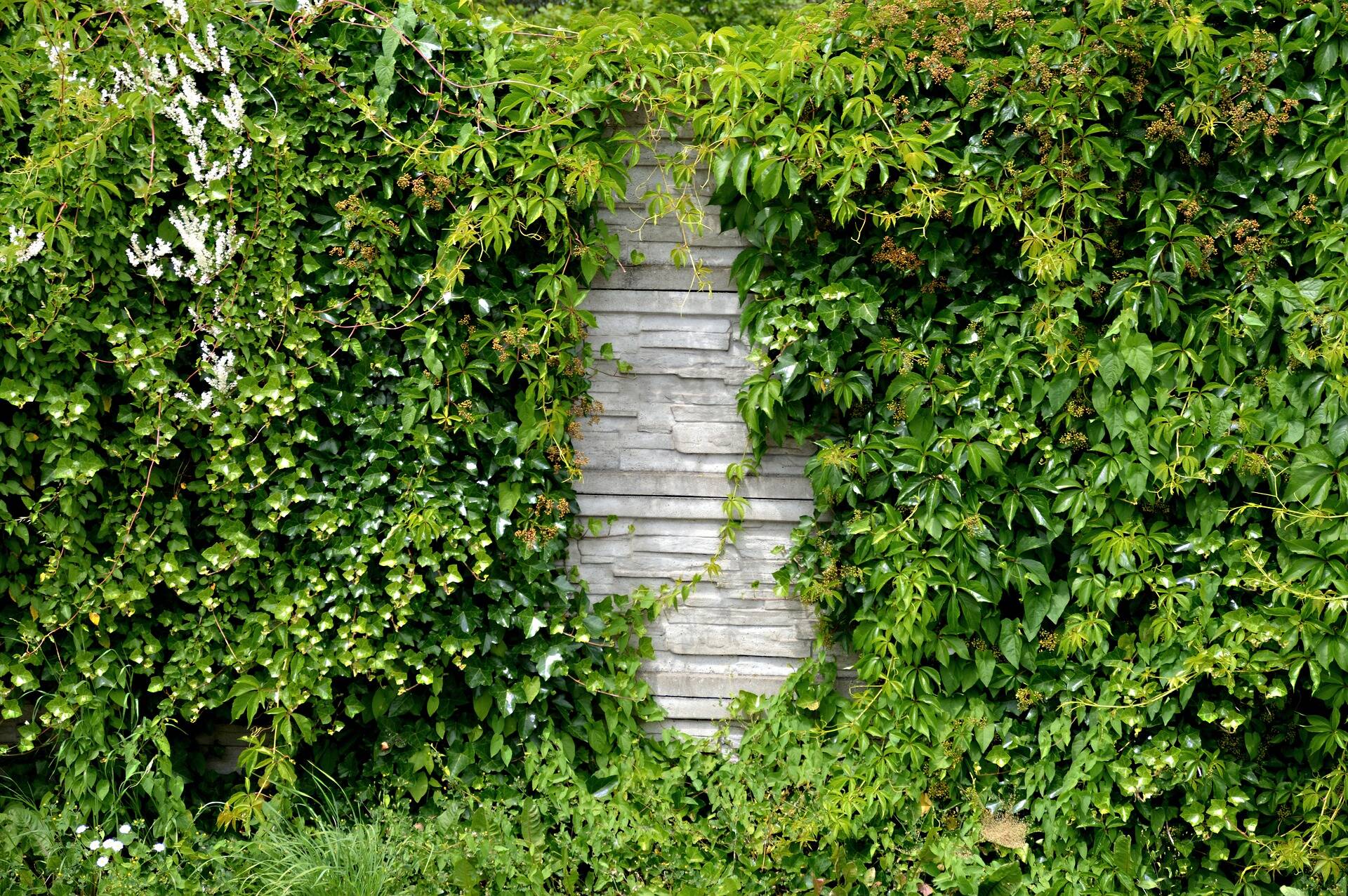
Don’t need to ‘cut everything back’
Some of the changes we’ve already made in the West Midlands Network have been simple, but incredibly effective. If you have not been immersed in the horticultural and environmental industry, as I am, you most likely wouldn’t have thought about it.
Contrary to belief – and past practice – you don’t need to ‘cut everything back’. It’s about managing the sites and training our brains to think differently. We are not managing back gardens; these are operational sites. Take a step back and you’ll appreciate that there is beauty and good husbandry in what some might see as untidy. Managed well, wild and overgrown can be a very good thing.
 We’ve dropped the frequency of cutting back and mowing, and instead look at options to support ‘re-wilding’ our sites.
We’ve dropped the frequency of cutting back and mowing, and instead look at options to support ‘re-wilding’ our sites.
For example, we get a lot of ivy and it can cause issues. But there is no need to cut it all away. Managed well, it can be allowed to grow on deteriorating wooden fence structures, solidifying them. Over time, this will become a natural freestanding structure, which outlives the fence panels and is a natural barrier. A bonus: it is resistant to graffiti. It screens the asset and provides shelter for insects, birds, bats, and small mammals. It is also a late season source of nectar for butterflies, wasps, and bees, while winter berries are a source of food for songbirds.
At many sites, a good option is to create wildflower meadow. This looks pretty, so appeals to the public, and it is species-rich grassland which can sustain lots of creatures.
We’re introducing bird boxes where we can and I’m talking to wildlife rescue groups, as I think some of our locations may be perfect as release sites for animals – such as hedgehogs – to return to the wild.
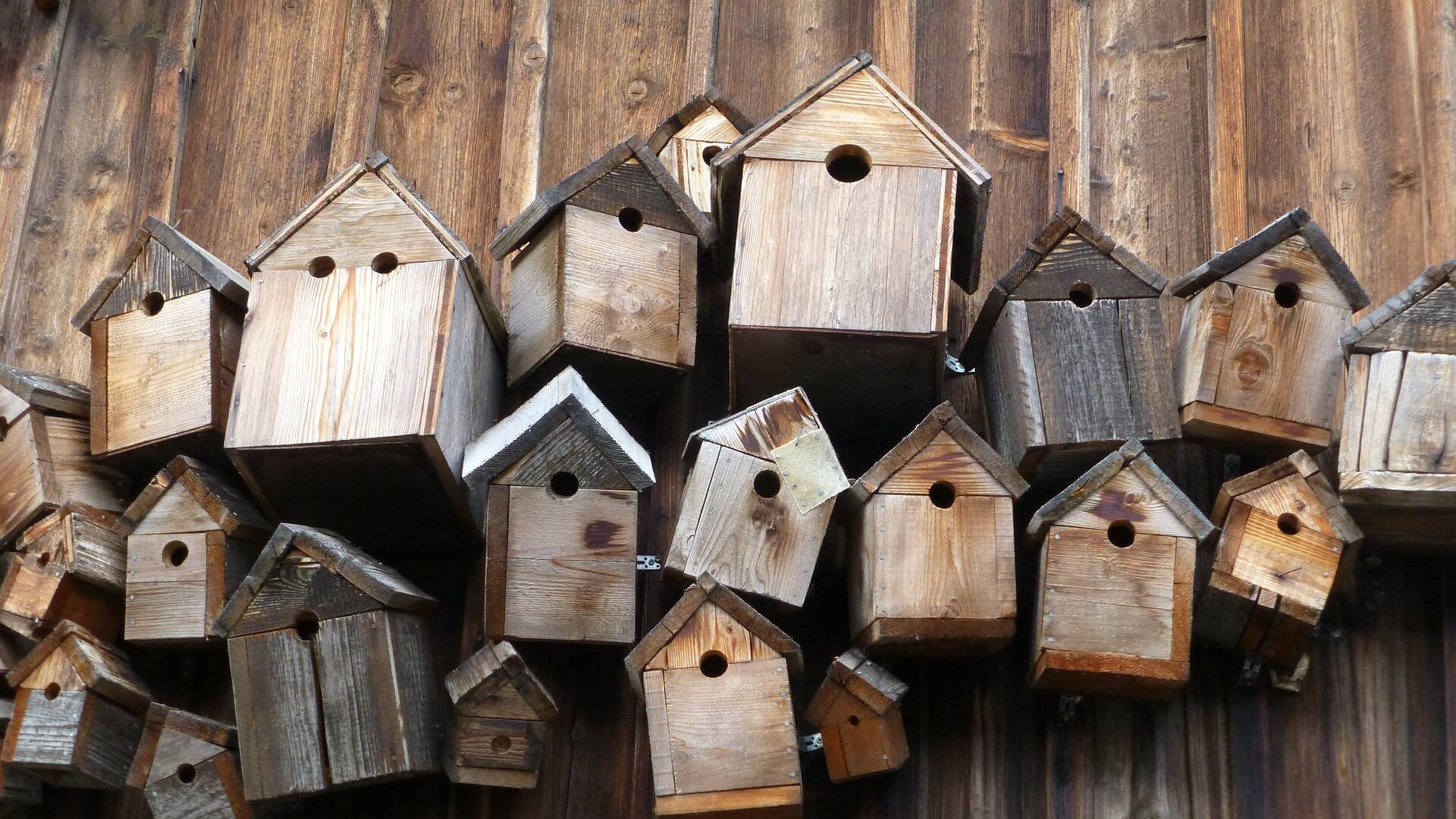 Anything we do cut back, we look to leave on site, or take to a nearby site, to create perfect habitats for bugs, birds, and other wildlife. We look first to see if we really must take it away from site, or whether it can stay. If it must go, then what’s nearby that can accommodate it? – rather than a three-quarter hour drive back to a depot to empty it into a skip.
Anything we do cut back, we look to leave on site, or take to a nearby site, to create perfect habitats for bugs, birds, and other wildlife. We look first to see if we really must take it away from site, or whether it can stay. If it must go, then what’s nearby that can accommodate it? – rather than a three-quarter hour drive back to a depot to empty it into a skip.
To have the impact we must have, this is far more than a ‘tick-box’ exercise. We must challenge ourselves. Over the last year, we have created the evidence to show it can be done.

See this content brought to life at Utility Week Live, 17-18 May 2022 NEC Birmingham
Decarbonising heat and New approaches to asset management and maintenance are among the frontline challenges at the heart of Utility Week Live 2022’s live content programme.
View the challenges and be alerted for tickets to the industry’s most eagerly awaited reunion at utilityweeklive.co.uk
Please login or Register to leave a comment.